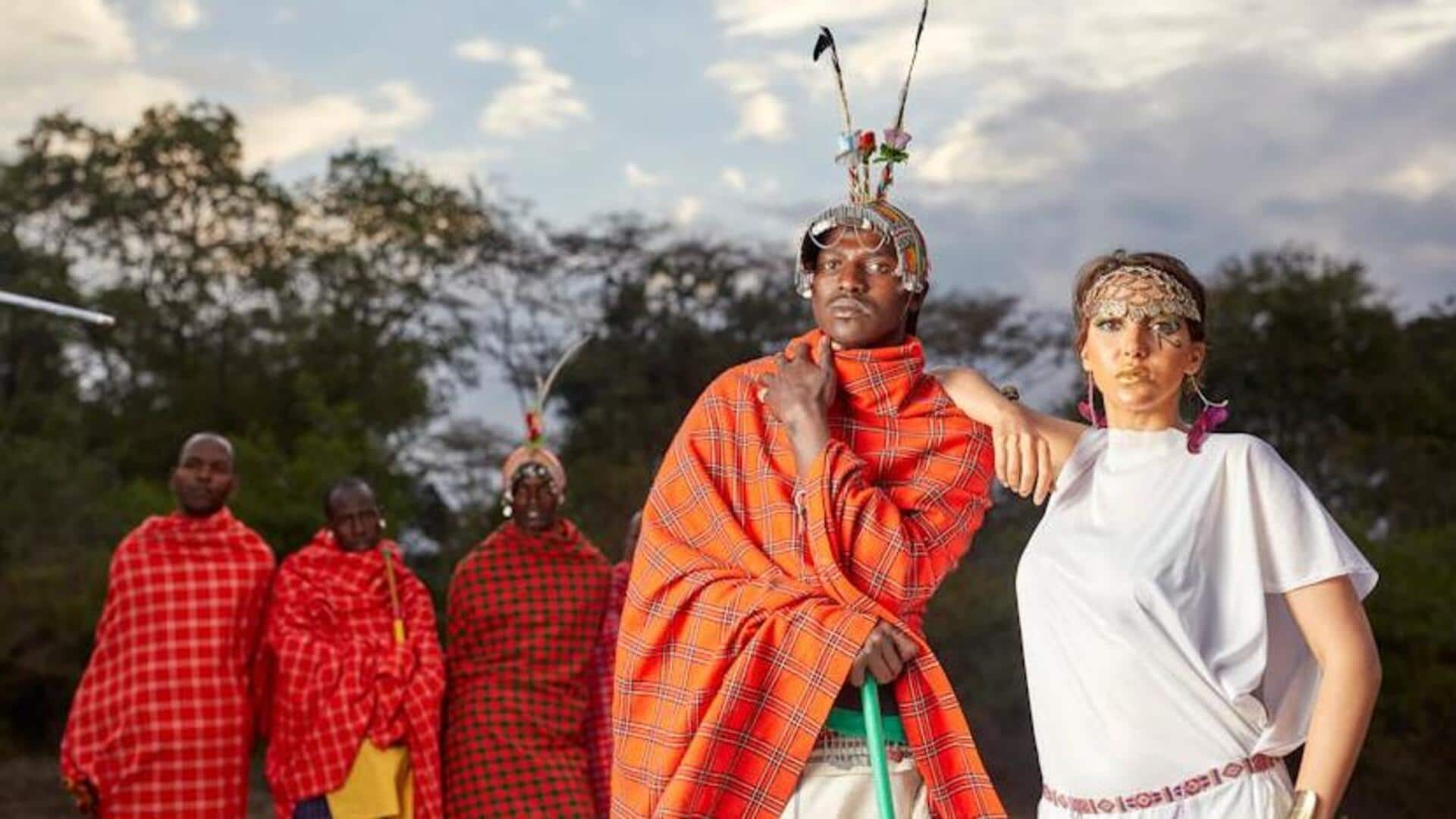
Embrace tradition: Living among Kenya's Maasai tribe
What's the story
Kenya offers a unique chance to immerse in the Maasai tribe's vibrant culture, going beyond standard tourism. Visitors live with this renowned African ethnic group, participating in daily activities, learning customs, and understanding their connection with nature. This experience provides a new perspective and insights into traditional Maasai life, allowing appreciation of their enduring traditions amidst modern challenges.
Cultural immersion
Engage in cultural exchange
Upon arrival, guests receive a warm welcome with traditional songs and dances, an introduction to Maasai hospitality. Visitors engage in beadwork, significant in Maasai culture as both a creative outlet and income source for families. Storytelling sessions under the stars offer deep insights into the tribe's rich oral history and values, enriching the cultural exchange experience.
Living traditionally
Participate in daily activities
Living with the Maasai involves participating in daily chores that sustain their way of life. This includes fetching water from wells, tending to livestock, and learning about medicinal plants during walks through their lands. These activities not only provide a deeper understanding of how the Maasai live but also foster respect for their sustainable living practices.
Nature walks
Explore natural surroundings
The Maasai lands are nestled within some of Kenya's most breathtaking landscapes. Guided nature walks are an integral part of this immersive experience, where visitors can learn about local wildlife conservation efforts directly from the tribe members who have been living in harmony with nature for centuries. It's an opportunity to see Kenya's diverse flora and fauna through the eyes of its original stewards.
Skill building
Learn traditional skills
Learning traditional skills like spear throwing and building manyattas (Maasai huts) is a highlight. These activities are not just entertaining but also offer insights into their importance for survival and community within the tribe. It's a practical way to value their inventive practices. This experience provides lessons on sustainability, community, and resilience from one of Africa's enduring cultures.